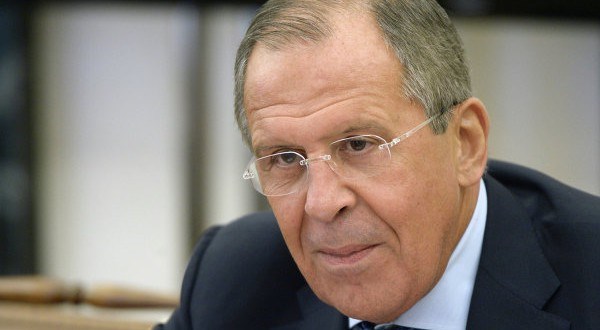Lavrov: Russia will not sign a treaty on Prohibition of Nuclear Weapons
Russia will not sign the Treaty on the Prohibition of Nuclear Weapons (TPNW) in its current form because it is "unrealistic”, as stated by Foreign Minister Sergei Lavrov in an interview with the television and radio company of the President of the Republic of Kazakhstan. The text of the interview was published on the Russian Foreign Ministry’s website.
"We will not sign it because we believe that the prohibition of nuclear weapons in such a direct manner is unrealistic. Five official nuclear powers, and unofficial nuclear powers as well will not do this because the already-agreed principle of progress towards a nuclear-free world is reflected in the Treaty on the Non-Proliferation of Nuclear Weapons; this principle is linked to ensuring universal security and stability," Lavrov said.
The minister noted that the treaty does not account for factors other than nuclear weapons affecting global security. Among such threats, Lavrov listed: "strategic non-nuclear armament," US plans to create space weapons, the global missile defense system and the failure of the Comprehensive Nuclear-Test-Ban Treaty (CTBT). Specifically, Lavrov recalled that the CTBT did not come into force "primarily because of the reluctance of the US to do it."
"Therefore, we are in favor of moving towards a nuclear-free world based on those universal agreements that are enshrined in the Treaty on the Non-Proliferation of Nuclear Weapons (NPT). We are holding such discussions with those countries that, no doubt due to good intentions, are in favor of a rapid ban on these deadly weapons," the minister explained.
On July 7, 2017, the TPNW was signed at the UN headquarters. To date, it has been signed by 57 countries. At the same time, only five countries have ratified it: Cuba, Guyana, the Vatican, Mexico and Thailand. None of the treaty’s signatories are countries possessing nuclear weapons.
Criticizing this treaty earlier, Lavrov said that it "provokes deep disagreements among members of the international community and can have a destabilizing effect on the non-proliferation regime."
